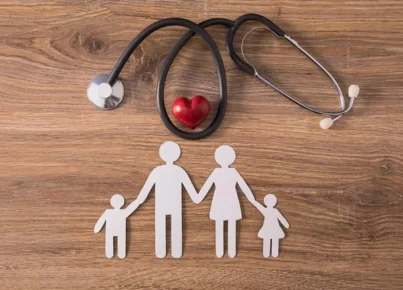Introduction
Social and emotional wellbeing is a crucial aspect of overall health that encompasses an individual’s ability to develop and maintain positive relationships, cope with life’s challenges, and experience a sense of purpose. Recently, the National Institute for Health and Care Excellence (NICE) has issued guidance on promoting social and emotional wellbeing in different age groups. This article explores the key recommendations of NICE guidance and their significance in shaping healthcare policies and individual practices.
NICE Guidance on Social and Emotional Wellbeing
1. Early Years (0-5 years)
The NICE guidance recommends early intervention to enhance social and emotional wellbeing in children below five years. Key recommendations include:
– Offering age-appropriate interventions that focus on attachment, self-regulation, social competence, communication skills, and resilience.
– Encouraging parental involvement to foster a sense of responsibility, developing positive parent-child relationships through attachment-based approaches.
– Ensuring consistent high-quality care environments consisting of well-trained staff who engage in warm, empathetic interactions with children.
2. Schools (5-18 years)
NICE suggests that schools should provide a broad range of activities that aim to strengthen the social, emotional, and mental wellbeing of their students. Recommendations include:
– Embedding evidence-based interventions in the curriculum to enhance students’ mental wellbeing while avoiding stigmatization.
– Providing professional development for school staff to identify early signs of emotional distress or mental health issues among students.
– Establishing partnerships with parents, local healthcare providers, and community organizations in order to create a supportive network around the school.
3. Young People (18-25 years)
The transition into adulthood brings challenges that can affect young people’s mental health. NICE recommends addressing these challenges through:
– Developing targeted programs for those at risk of mental health issues or experiencing adversities like homelessness or substance misuse.
– Providing accessible mental health services designed for young adults to ensure early help and treatment.
– Collaborating with educational institutions, employers, and community organizations to create a seamless support system for young adults.
4. Adults (25+ years)
NICE emphasizes the importance of lifelong mental wellbeing and focuses on preventive strategies for adults. Key recommendations include:
– Encouraging healthy lifestyles by promoting physical activity, fostering positive social connections, and facilitating access to community resources.
– Supporting well-being in the workplace by adopting mental health policies, providing employee assistance programs, and promoting work-life balance.
– Ensuring access to appropriate mental healthcare services for those with clinical or subclinical mental health problems.
Conclusion
Social and emotional wellbeing is crucial across all stages of life. By following NICE guidance, healthcare providers, policymakers, and individuals can make informed decisions that lead to improved mental health outcomes. Building on these recommendations will help create a more supportive environment for all ages, from early childhood through adulthood.





